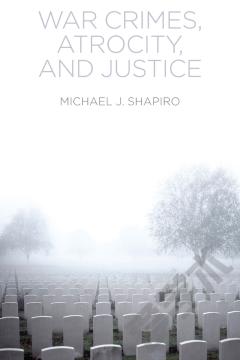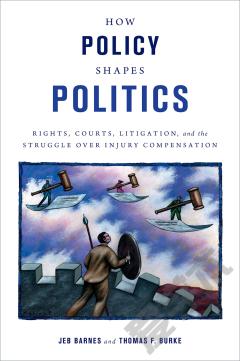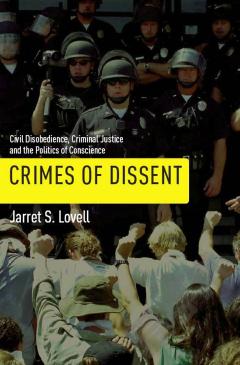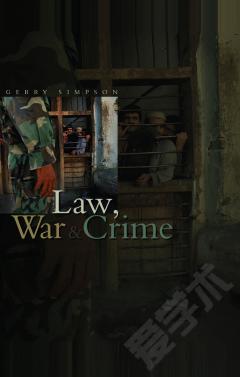Unimaginable Atrocities —— Justice, Politics, and Rights at the War Crimes Tribunals
----- 难以想象的暴行:司法,政治和战争罪行法庭的权利
Highlights critical debates and controversies facing international criminal courts and tribunals, such as the tensions between peace and justice, and between fair trial rights and the need to secure a conviction. Professor William Schabas begins by considering the discipline of international criminal law, outlining the differing approaches to the description of international crimes and examining the frequent claims relating to the retroactive application of these crimes. The book then discusses the relationship between genocide and crimes against humanity, studying the fascination with what Schabas calls the 'genocide mystique'. International criminal tribunals have often been stigmatized as an exercise in victor's justice. This book traces how this critique developed and the difficulty it poses to the identification of situations for prosecution by the International Criminal Court. The claim that amnesty for international crimes is prohibited by international law is challenged, with a more nuanced approach to the relationship between justice and peace being proposed. Throughout the book there is a strong historical perspective, with constant reference to the early experiments in international justice at Nuremberg and Tokyo. The work also analyses the growing pains of the International Criminal Court as it enters its second decade.
{{comment.content}}








 京公网安备 11010802027623号
京公网安备 11010802027623号